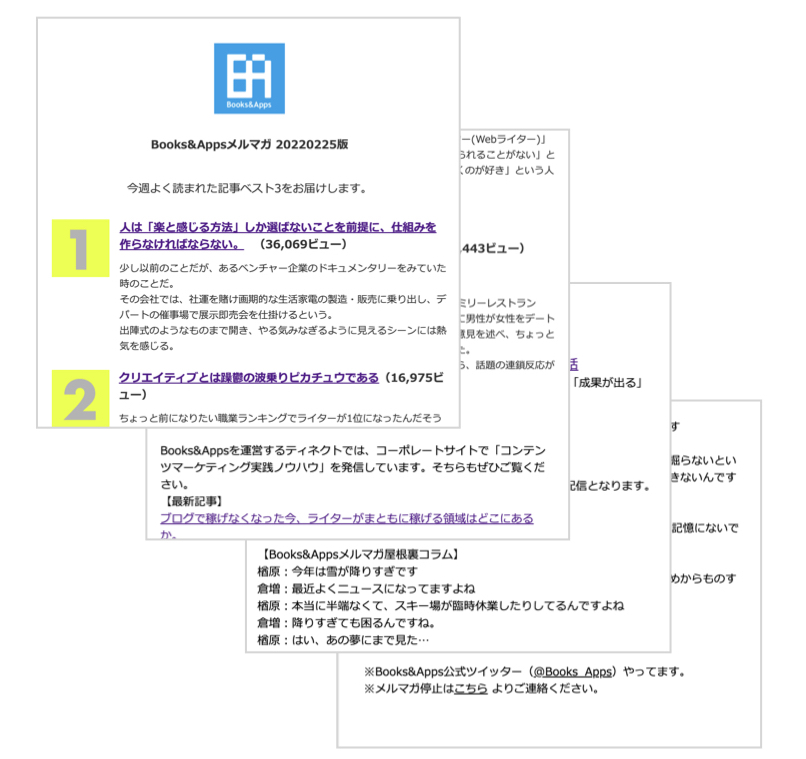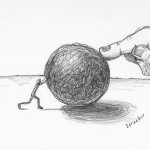 There are many types of entrepreneurs, so I had tried not to define factors that would make him/her suitable to be an entrepreneur, but the more I see entrepreneurs, the more firmly I have got to believe in a single dividing line that lies between ”Entrepreneur types” and ”Non-entrepreneur types”.
There are many types of entrepreneurs, so I had tried not to define factors that would make him/her suitable to be an entrepreneur, but the more I see entrepreneurs, the more firmly I have got to believe in a single dividing line that lies between ”Entrepreneur types” and ”Non-entrepreneur types”.
It is not a personality factor such as “emotional or logical” or “warm-hearted or cold-hearted” because “personality” is solely affects the reaction to things and has only a slight impact on the results.
It is also not a behavioral factor such as “think first or act first” or “bold or cautious”. The behavioral difference is only a different approach he/she will take when he/she seeks to achieve the goal.
Then, what would define factors suitable for becoming an entrepreneur?
In my view, an element that affects the results as well as the behaviors of the people in an organization is a “principle of behavior”, not a personality or behavioral factor.
It was too difficult for me to explain “principle of behavior”, so I would like to introduce an author’s description.
Nanami Shiono, a Japanese author and novelist known for her works on the history of Italy, has described “principles of behavior” quite well. Shiono claims “principles of behavior” consist of two elements: “Vanity” and “Ambition”. Based on the two elements, people could be divided into the following two groups.
Group A: “Vanity” >“Ambition”.
Group B: “Vanity”< “Ambition”
Of course, we all could be vain and ambitious, but the proportion of each element is individually different.
Shiono explains the difference between “Vanity” and “Ambition” in her work.
“Vanity” is a desire to be admired or respected by others. “Ambition” is a determination to accomplish something. When you want to be admired or respected by others, “power” is not always necessary. On the other hand, when you want to achieve something, “power” or “authority” is necessary.
“Vanity” >“Ambition” will make “bad entrepreneurs”. “Bad entrepreneur type” presidents would always worry about what their employees think about them and seek to expand their network beyond the company’s core business in pursuit of prominence. Valuing how the company would look in the society more greatly than what the company should do, “bad entrepreneur type” presidents launch small projects and harm the management of their companies in the end.
Bad entrepreneur types are boasting all the time and their business is always “decent”. If the company reaches a certain goal, they spend all the energy to sustain that condition and never set a higher target. No doubt the company will face difficulties soon or later.
“Good entrepreneurs” hold a basis to judge “good or bad” along their own objective or ambition. On the other hand, “bad entrepreneurs” decide a thing based on how others perceive it.
In terms of entrepreneurship, “principles of behavior” make a real difference.
Author’s Facebook accout : https://www.facebook.com/yuya.adachi.58 (Except spam account, to approve anyone.)











